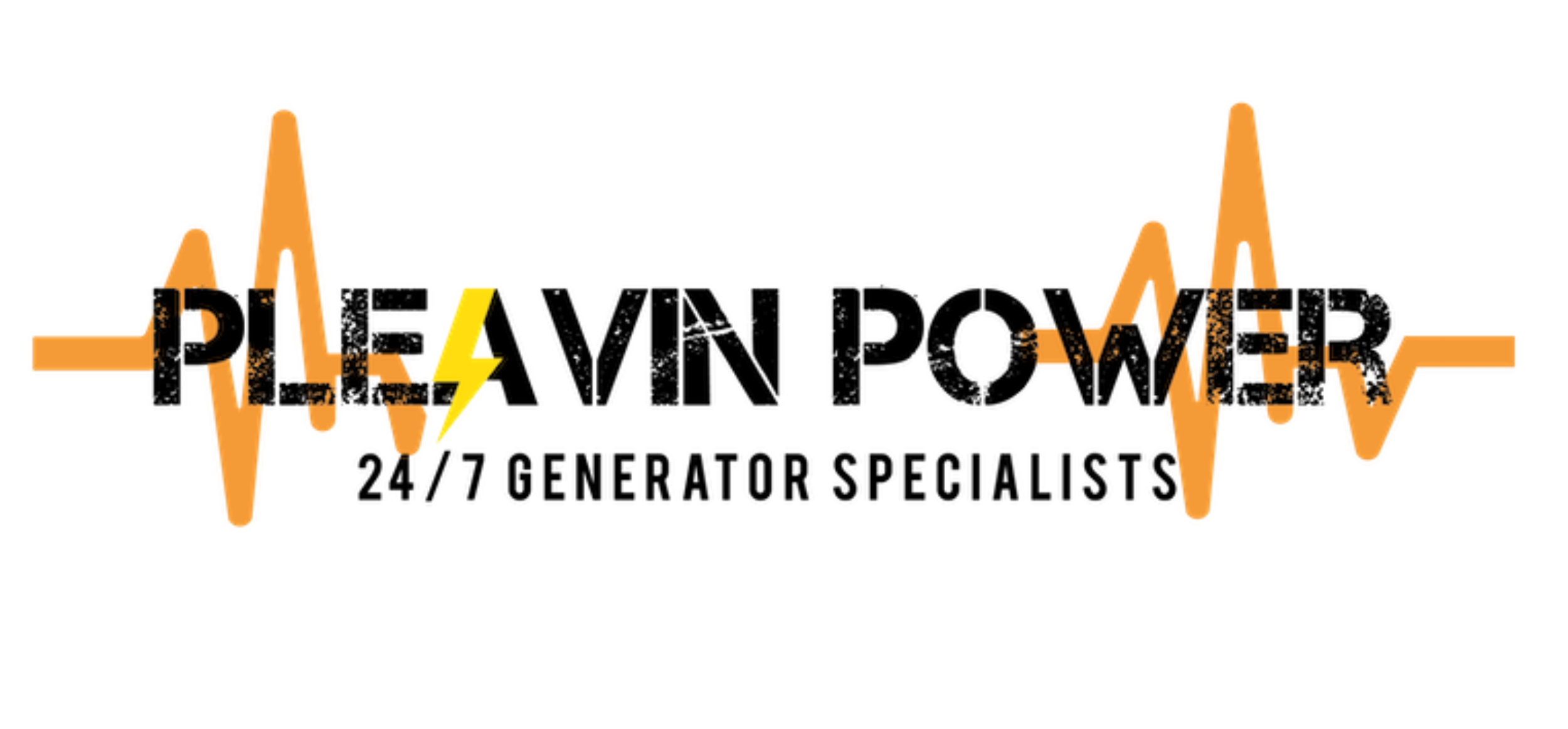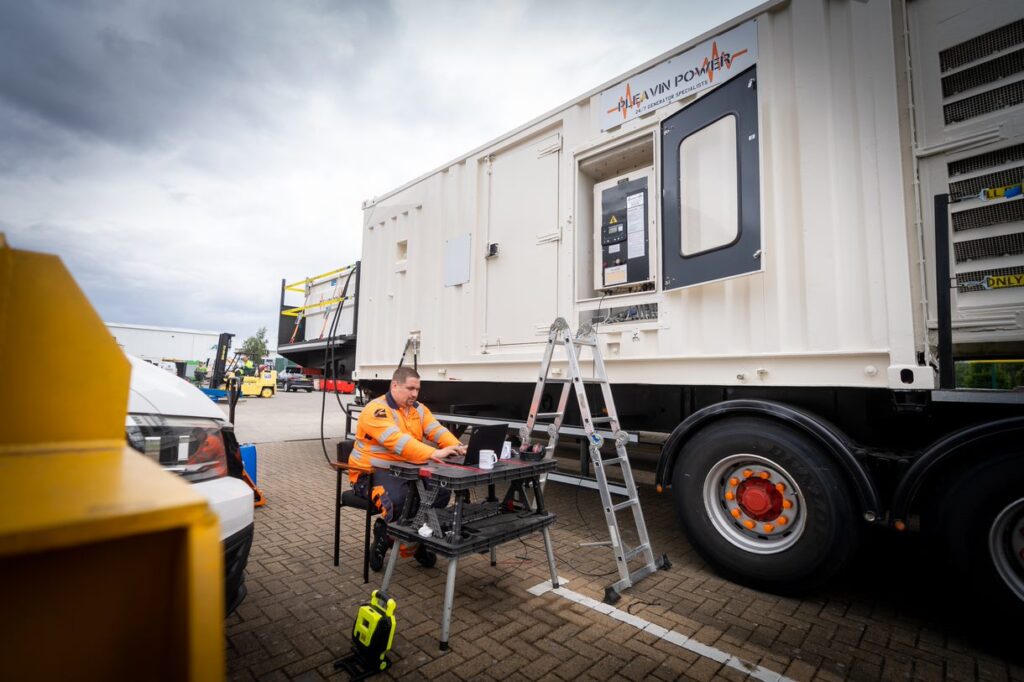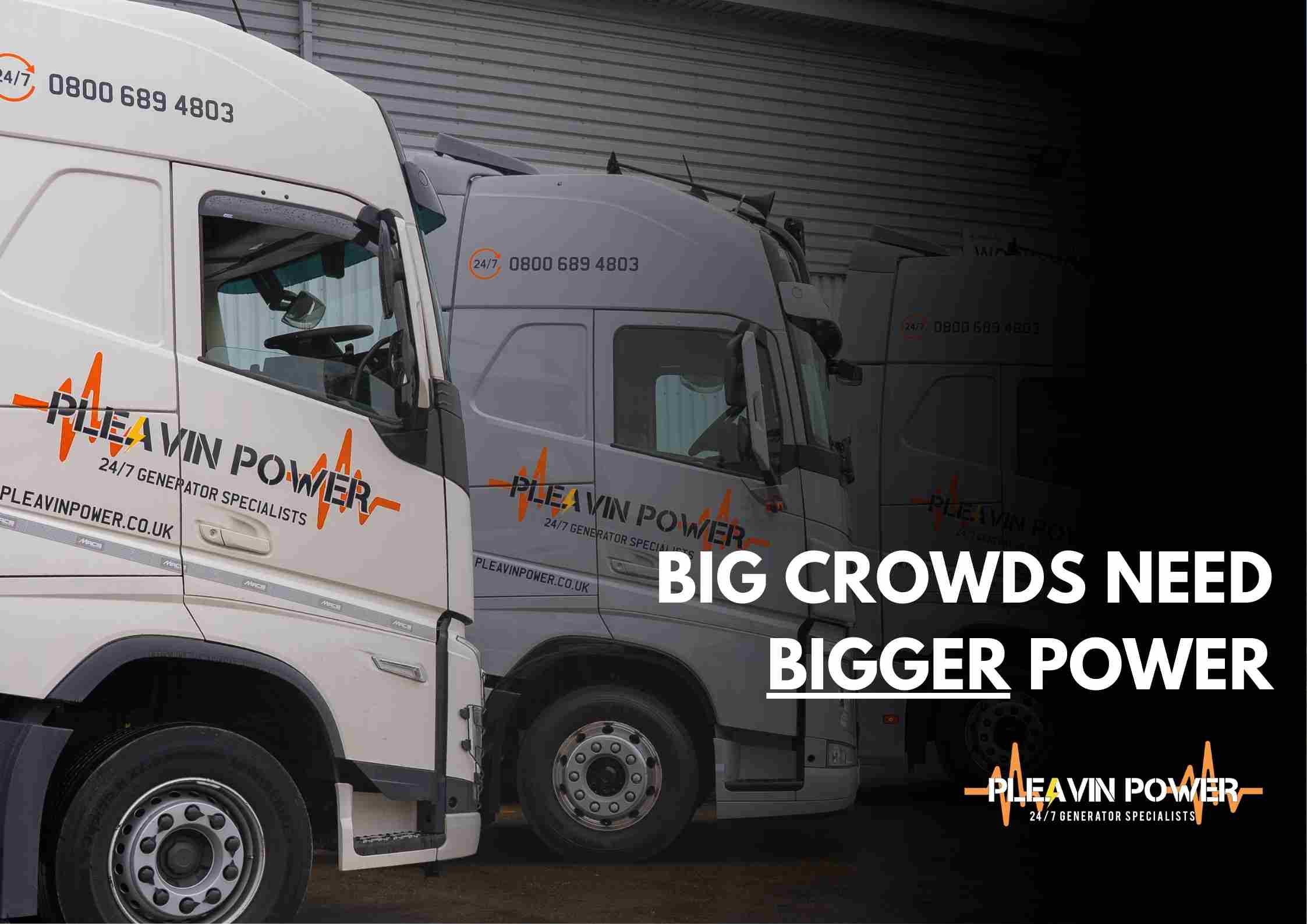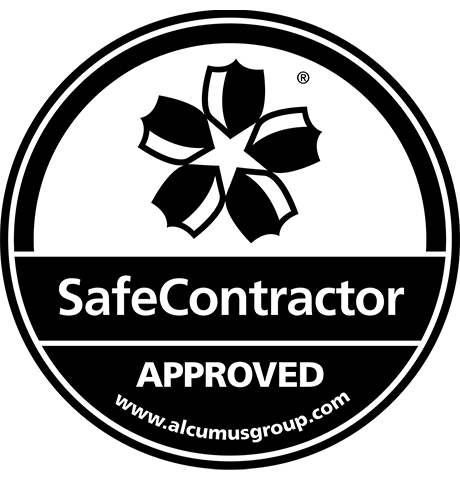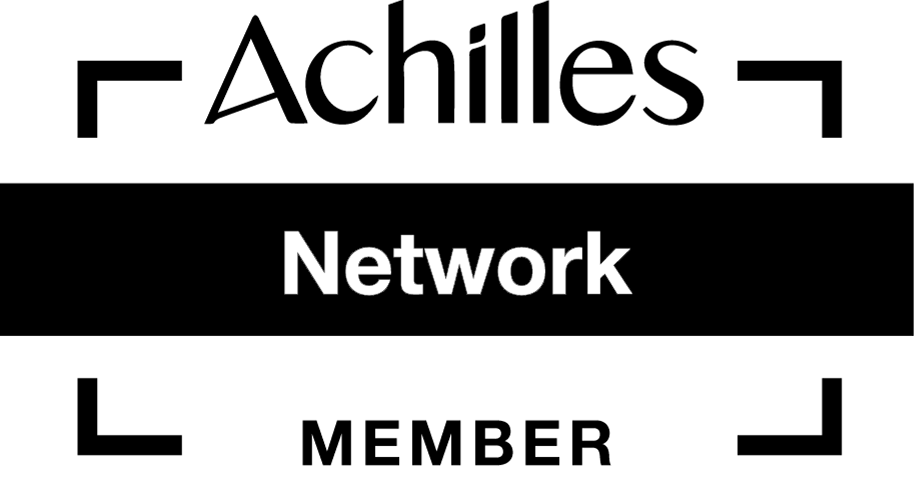In recent years, more people are opting to invest in power generators. Whether they are investing in a generator for household use or from a company perspective, power generators are great for eliminating testing times such as a power cut.
Not only can it be damaging to morale when there is a potential power outage but people are not allowed to get on with their everyday lives. For instance, your lights could turn off, however, it can also be dangerous as freezers could end up losing their power and cause miniature floods resulting in food spoiling.
If you have invested in a power generator in hopes of tackling power emergencies, then it is best to conduct some research beforehand so that you use your generator in not only a safe but effective manner. Hence in our latest post, we will help you use your generator in the right way should you experience a potential power cut.
Don’t Overload Your Generator
When you begin to use your generator, you must make sure that you don’t overload it with too many appliances as it can hurt the performance of your generator to the point where it can become broken. You also run the risk of harming yourself or those around you.
There are things that you can gain an understanding of beforehand that will assist you in purchasing a power generator. These things can be gaining an understanding of how much power you need to give to appliances that you plan on using.
However, if you are unsure of how much power you will need then it is recommended that you either speak to a power generator expert team such as the one here at Pleavin Power or speak to your local electrician.
It is an industry recommendation that you always purchase a generator that is capable of being able to produce more power than you need in addition to that initial surge when your generator needs to be turned on.
If your generator is incapable of being able to produce your required amount of power then it could affect the use of your appliances negatively.
Should the appliances that you are attempting to power from your generator require more power than it can produce then it could potentially blow a fuse. Once a generator’s fuse is blown, this can not only permanently damage the equipment but it can hurt you as well as those close to you.
Ensure Generator Safety
Should you use your power cut generator incorrectly then you run the risk of carbon monoxide poisoning. This is made possible by the toxic engine exhaust, electric shocks and even fires.
To ensure that you have the best generator safety when using your generator in a power cut then you should always follow the directions given in the manual supplied to you when you first purchased your generator.
Do Not Use Your Power Generator Indoors
Never use your generator within a confined space – for example, a garage, basement or any area with no ventilation. Even if you open the doors and/or windows, you could still be at risk of carbon monoxide poisoning, which can be fatal.
If you start your generator indoors and begin to feel nauseous or dizzy, leave the building as soon as possible – this is a sign of carbon monoxide poisoning.
Installing carbon monoxide alarms in your building can alert you when the levels of carbon monoxide get too high. As a mandatory precaution, you should only place your generator outdoors or in a well-ventilated area.
Place Your Generator Safely Outdoors
The most daunting part about a generator is finding a safe place where to put it. It would help if you always placed your generator away from any doors, windows or vents that may let any harmful CO inside your home.
In addition, you should also place your generator at least 20 feet away from any buildings around you. Although. even when you place it at least 20 feet away, there is a very slim chance that CO could creep into your home/workspace through areas such as doors, windows or vents so make sure that you have an alarm installed as we previously spoke about.
You also run the risk of electrocution if your generator gets wet so keep it under an open canopy-like structure where you can operate it safely. That being said, you should never use a generator in wet or rainy conditions that could affect your generator.
Always make sure when you touch your generator that you are dry and your hands aren’t wet as it could potentially damage it.
Generator Fuel
Before you start to refuel your generator, you should turn it off and let it cool down first. If you accidentally spill fuel such as gasoline on engine parts while it is hot could suddenly ignite starting a fire that could harm you and/or your property.
You should always keep your generator fuel in a safe environment that is away from living spaces such as a locked shed or any other protected area that the everyday person can’t reach.
If you are struggling to know which fuel to use for your generator then you should check the guidelines beforehand given to you when you first purchased your power generator to know what fuel is correct as you could damage your generator by putting in the wrong fuel. It is worth knowing whether biofuel can be used in generators.
Connecting Your Generator The Right Way
The appliances that you require to be powered – plug directly into your generator. If you don’t want to do this for a particular reason then you can use a heavy-duty extension cord that can successfully power your appliances.
You should never attempt to power your home wiring by inserting your generator into a wall outlet. This is also known as ‘back feeding’. Backfeeding is prone to potentially hazardous situations such as electrocution which can seriously hurt an individual or in some cases be fatal.
If you are looking to hire or purchase a power generator for any potential power cuts that may occur in your home or commercial property then contact our sales team today who will be able to advise you on the next best steps given your current situation.
